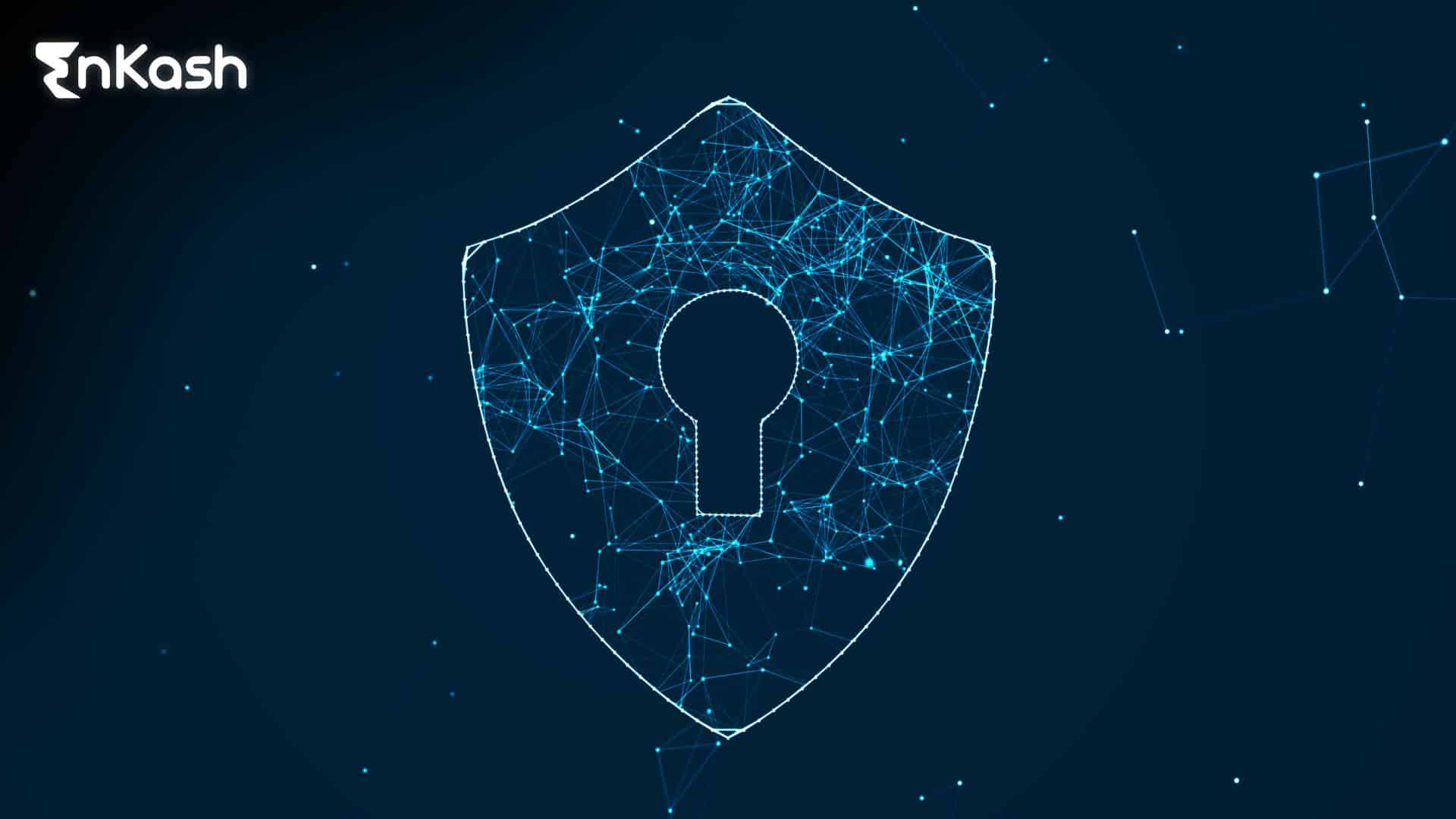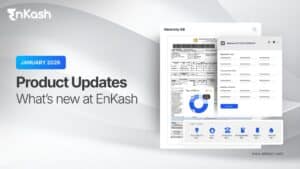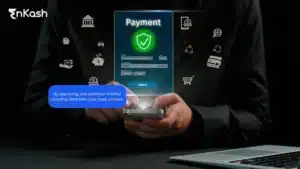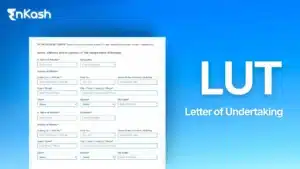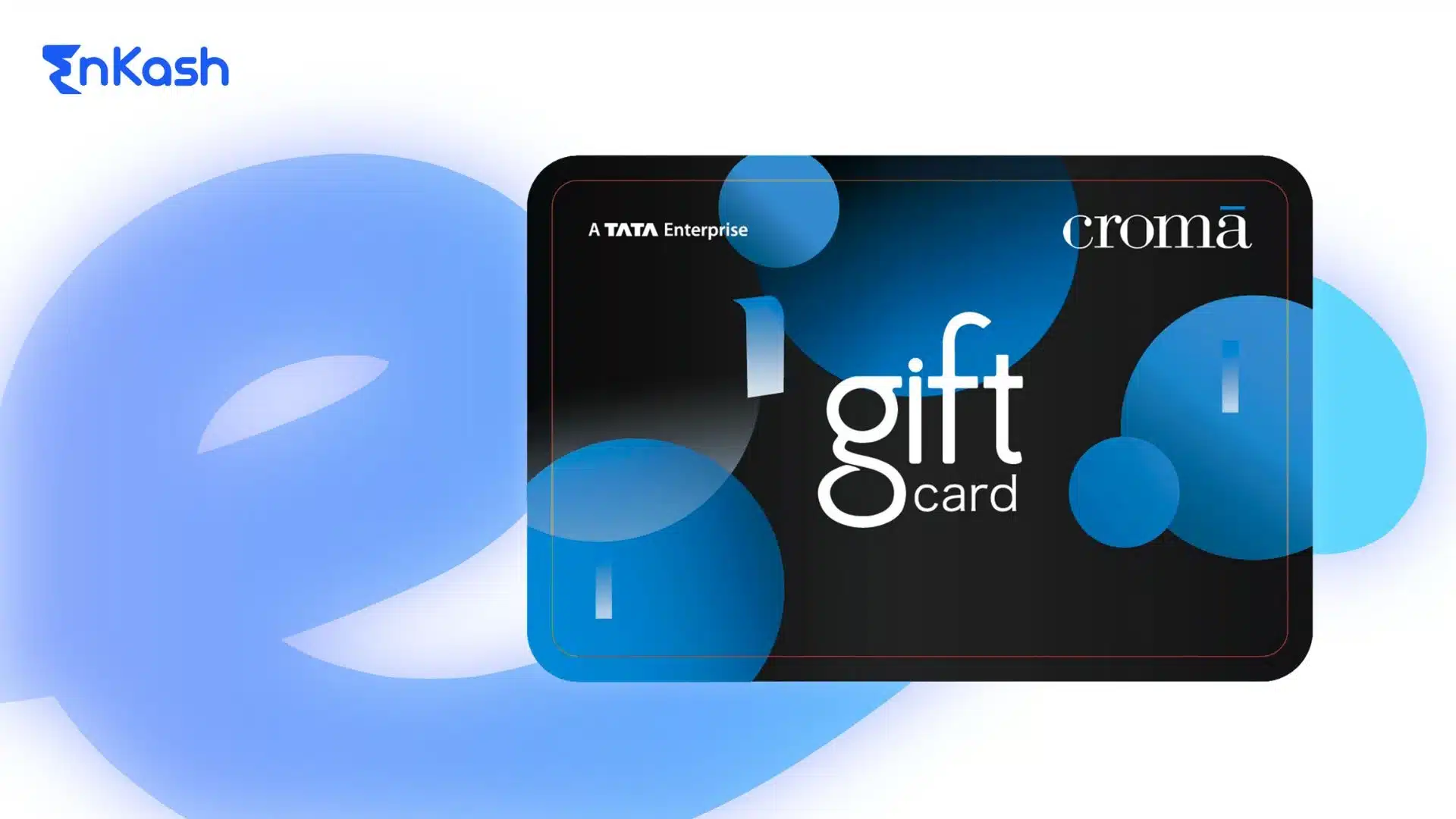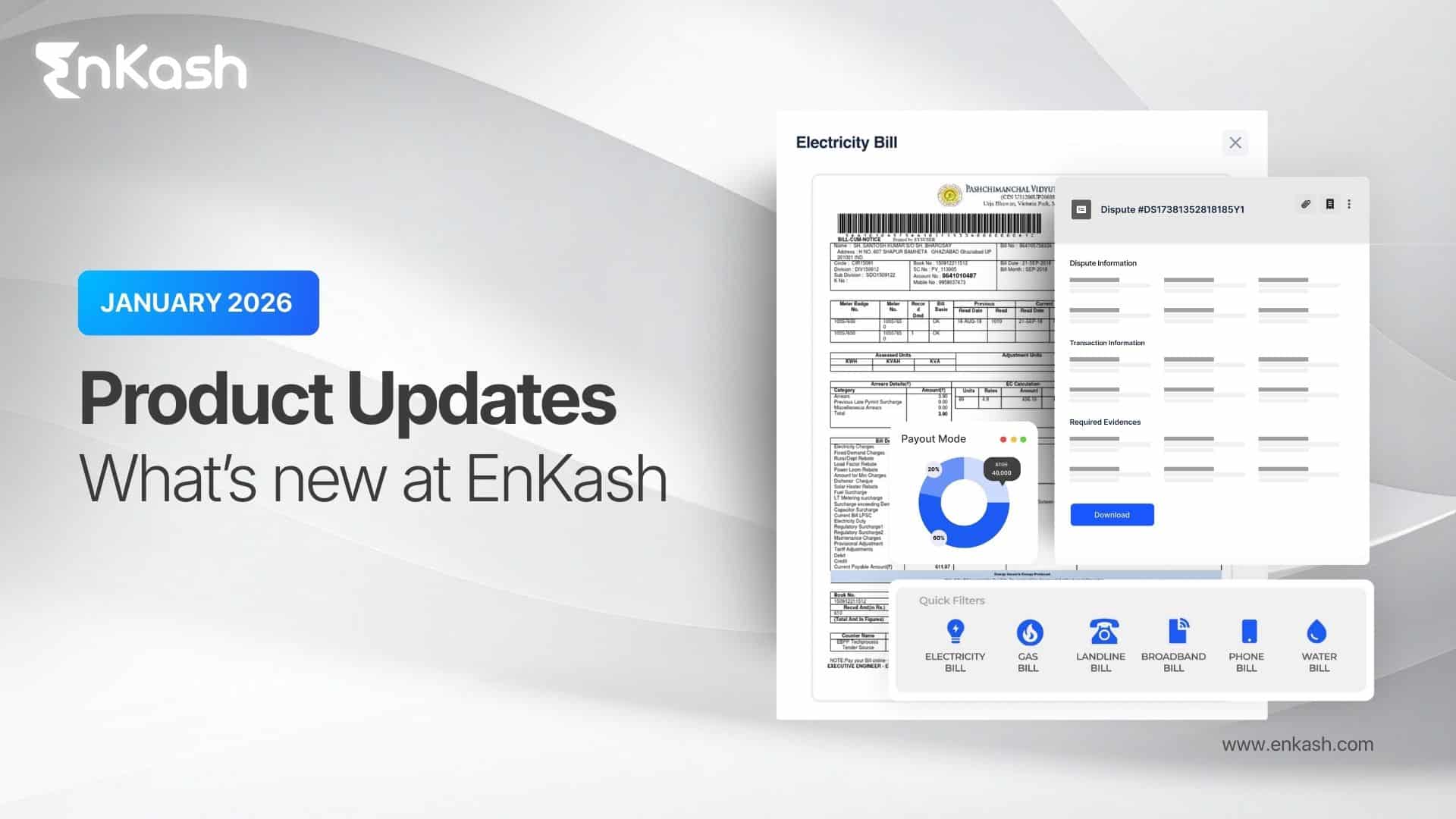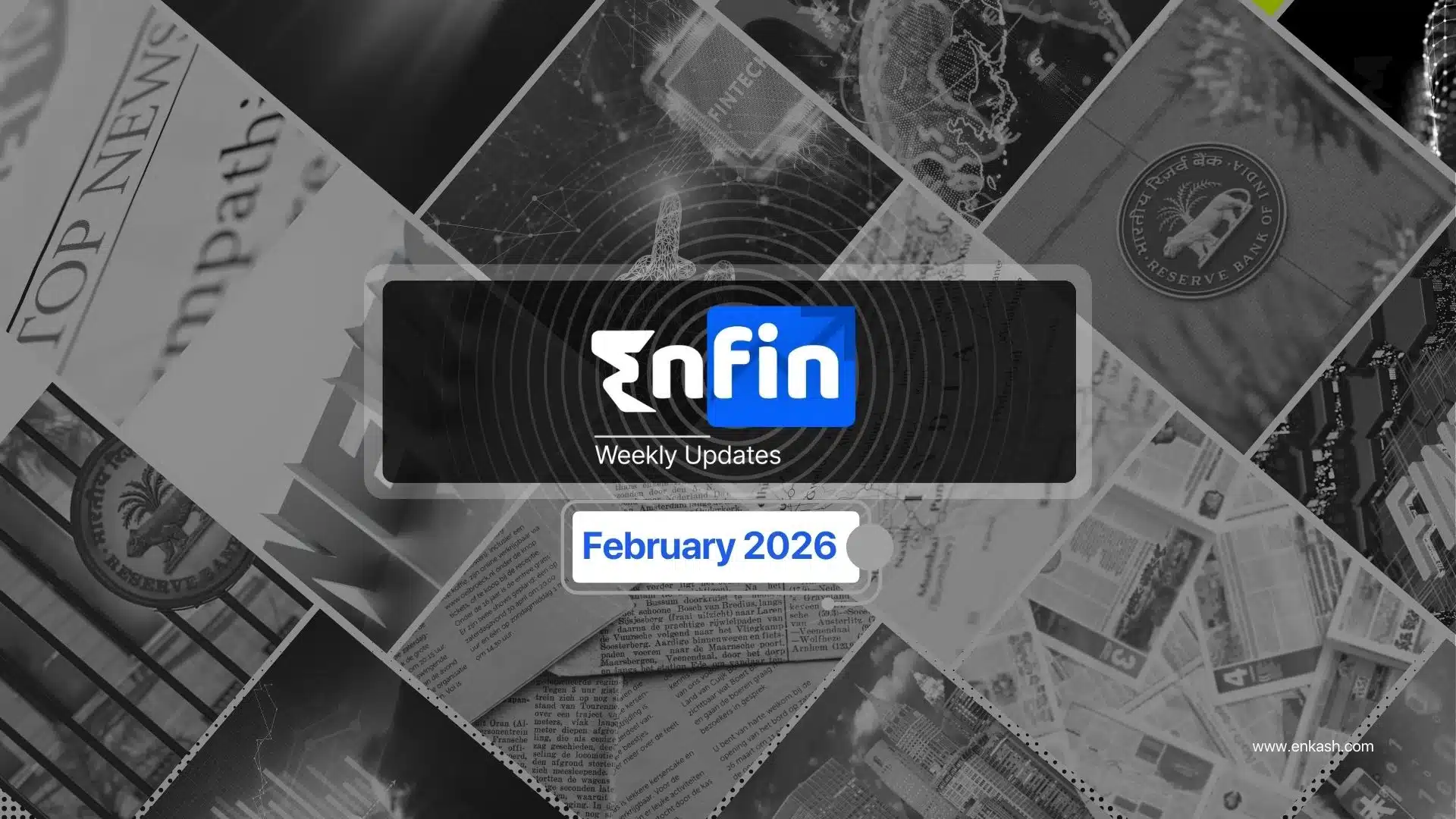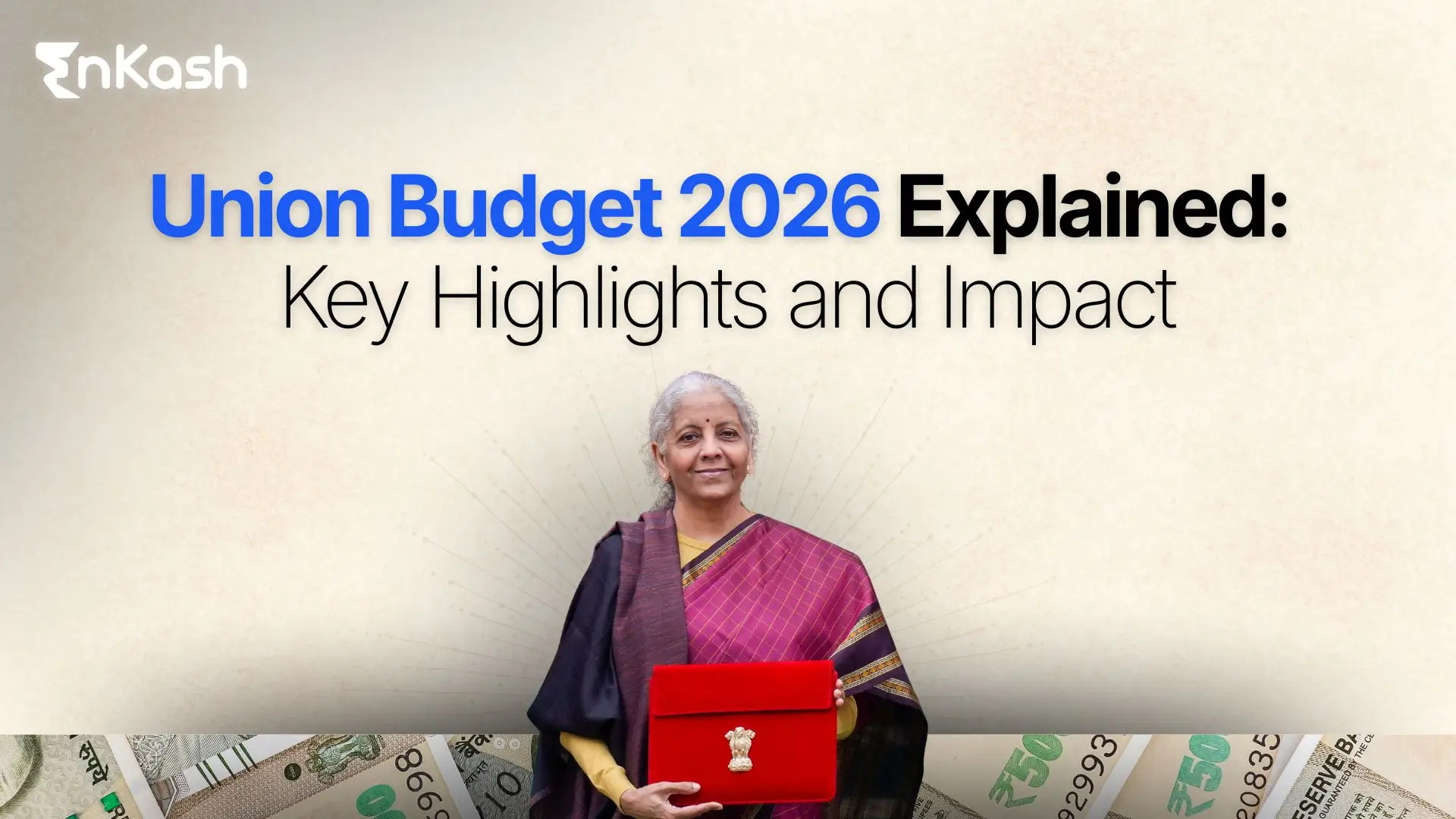Introduction
With rapid growth in online shopping, UPI payments, and contactless transactions, securing payment information has become more important than ever. The days of relying only on encryption methods without additional safeguards are long gone. Hence, tokenization has become essential as cyber threats continue to advance, and the business community and consumers are adopting tokenization-based payment solutions to ensure data security. But what is tokenization, and why is it so important today? Tokenization in India is guided by RBI rules that are designed to secure card payments across apps, websites, and devices.
What is Tokenization?
Tokenization is a security method where sensitive information such as a card number, account number, or personal financial detail is replaced with a random, unrelated value called a token. The token carries no meaning on its own and cannot be traced back to the original data. The real information stays stored in a secure, PCI-DSS compliant token vault managed by a card network, issuer, payment gateway, or other authorised token service provider.
In digital payments, tokenization ensures that actual card or bank details are never exposed during a transaction. When a customer pays through a website, app, or device, the payment is processed using a token instead of the real card number. Even if this token is intercepted, it cannot be used to make fraudulent payments.
Banks, card networks, and certified token service providers work on the same principle: they convert sensitive banking or card data into secure tokens so the original information remains protected. This helps safeguard customers during card payments, UPI-linked card transactions, recurring billing, and mobile wallet payments. It is one of the strongest security layers used by banks today to reduce fraud and protect financial data across multiple platforms.
Data tokenization also extends beyond payments. It replaces confidential information such as customer records, personal identifiers, and internal banking data with tokens so that sensitive information does not stay inside merchant systems or exposed environments. This reduces the impact of breaches and supports safer data storage and processing.
Why Tokenization Is Needed in Digital Payments
Digital transactions through UPI apps, mobile wallets, contactless cards, and e-commerce platforms have increased rapidly, but so have cyberattacks, phishing attempts, and data breaches. Preventing online fraud and protecting bank information has become a major challenge, especially when data moves across devices, platforms, and networks. Tokenization addresses these risks with a stronger, more adaptable security model.
Tokenization replaces real card details with unique tokens, ensuring that sensitive information never appears in the payment flow. This often provides stronger protection for stored data than setups that rely only on encryption, because tokenization removes real card details from most systems and replaces them with non-sensitive tokens.
Tokenization helps reduce exposure in case of breaches, supports regulatory requirements from authorities like the Reserve Bank of India, and simplifies merchant responsibilities by removing real card details from their systems.
Key Roles of Tokenization in Digital Payments
Tokenization plays an important role across modern digital transactions by:
• Protecting sensitive card and bank data during payments
• Preventing online fraud, even if tokens are intercepted
• Keeping in-app, online, and contactless payments secure across devices
• Helping businesses comply with RBI-mandated tokenization rules
• Limiting the impact of data breaches since tokens have no value outside their system
• Building consumer trust by ensuring card details are never stored or shared
• Supporting one-click checkout, recurring payments, and subscription billing
• Reducing security and compliance burden for merchants
By securing every stage of the transaction, tokenization strengthens the overall digital payment ecosystem and supports safer, smoother, and more reliable online payment experiences.
How Tokenization Works?
Tokenization works by replacing sensitive payment information with a secure, random token that can be used within a specific payment system. The real data stays protected throughout the transaction and is never shared with merchants or exposed during processing. Here is how the process works step by step:
1. Customer enters card details
When a user enters their debit or credit card number on an app, website, or device, the information is sent to an authorised Tokenization system.
2. System generates a unique token
The Tokenization service provider creates a random token that represents the original card number.
3. Original data is stored securely
The actual card details are stored safely inside a PCI-DSS compliant token vault. Only authorised systems can map the token back to the real card number.
4. Token is sent back for the transaction
The token is returned to the merchant or payment application and is used to complete the payment instead of the real card number.
5. Merchants never see card details
Businesses only receive and store tokens, not actual card information, which reduces the risk in case of a data breach.
6. Tokens work only in the same environment
If tokens are stolen, they cannot be used anywhere else. Well-designed tokenisation systems scope tokens to a specific device, platform, or merchant, so they cannot be reused elsewhere
7. Safe processing during every transaction
During payment processing, only the token travels through networks. The real card details stay hidden and secure in the token vault.
This system allows payments to be fast, secure, and fraud-resistant by keeping sensitive financial information protected at every stage.
What is a Transaction Token?
A transaction token is a unique token generated specifically for a single payment or a specific transaction. It replaces the actual card or bank details during that payment and ensures that sensitive information is never exposed while the transaction is being processed.
A transaction token is created only for that particular purchase and cannot be reused for any other transaction. Even if someone intercepts this token, it cannot be used for another payment because it is linked to one transaction, one merchant, or one device.
Transaction tokens are commonly used in:
- Online card payments
- UPI-based card transactions
- In-app purchases
- Contactless payments
- One-time checkout sessions
They help maintain a high level of security by making sure that real card or bank data never travels through the merchant system. Once the transaction is completed, the token becomes invalid and holds no value.
What is Token Money?
Token money refers to a form of money that has little or no intrinsic value but is accepted as a medium of exchange because people trust the system that issues it. The physical or digital token itself is not valuable, but it represents value within a particular economic system.
Examples of token money include:
- Coins whose metal value is lower than their face value
- Digital wallet balances
- Gift cards and stored-value cards
- Metro cards or travel cards
- Prepaid cards
- Casino chips
In digital payments, the concept of token money helps explain how value can be represented in a secure and convenient form without relying on the actual underlying currency or data. While tokenization in payments replaces sensitive information with secure tokens, token money represents value that can be exchanged or spent in a trusted system.
Both ideas rely on the principle that tokens carry value only because they are backed by a trusted issuer or network, not because the token itself is valuable.
Tokenization vs Encryption
Feature |
Tokenization |
Encryption |
What it does |
Replaces sensitive data with a random token |
Converts data into unreadable text using a mathematical key |
Reversibility |
Cannot be reversed without the secure token vault |
Can be reversed if the decryption key is obtained |
Data stored by merchants |
Only tokens, no actual card data |
Encrypted data that still contains original information |
Risk in case of breach |
Stolen tokens have no value outside the system |
Encrypted data can be decrypted if the keys are compromised |
Where the original data is kept |
In a secure, PCI-DSS-compliant token vault |
Stored encrypted within merchant or processor systems |
Use in payments |
Used widely for securing card transactions, online, in-app, and contactless payments |
Used for protecting data during transfer but still exposes encrypted information for storage |
Compliance impact |
Reduces PCI-DSS scope because real data is not stored |
Does not reduce scope since encrypted data is still sensitive |
Security strength |
High, because the original data is never exposed |
Lower, because encrypted data can be decoded |
Best suited for |
Card payments, recurring billing, quick checkouts, mobile and online payments |
Protecting data during communication and storage, where real values must be retained but kept unreadable |
Primary advantage |
Removes sensitive data from most transaction systems |
Makes data unreadable but does not eliminate exposure |
Value if intercepted |
Useless |
Potentially usable if decrypted |
Uses of Tokenization
Tokenization is used across the digital payment ecosystem to protect sensitive information and enable secure transactions. Here are the major uses:
1. Online and Mobile Payments
Tokenization safeguards card details when customers make payments on apps, websites, or digital platforms. Only the token moves through the system, not the real card number.
2. Contactless and NFC Payments
Smartphones, smartwatches, and tap-to-pay cards use device-specific tokens to complete secure, contactless transactions.
3. Card-on-File Storage
E-commerce platforms store tokens instead of card numbers, allowing safe one-click checkout without exposing sensitive data.
4. Subscription and Recurring Billing
Tokens support recurring payments and auto-debits by keeping real card data hidden during repeated transactions.
5. In-store POS Payments
Physical stores use tokenized data during POS payments, ensuring that the original card number is never exposed.
6. UPI-based Card Payments
Apps like Google Pay, PhonePe, and Paytm use tokenized card numbers for secure UPI-linked payments.
7. Payment Gateway Processing
Payment gateways use tokenization to replace real card information with tokens throughout the authorisation and settlement flow. This protects customer data during routing, reduces exposure on merchant systems, and lowers the risk of fraud during online transactions.
8. Bank and Merchant Data Security
Banks and merchants use tokens to secure internal systems and limit data exposure in case of a breach.
9. Digital Wallets and Prepaid Cards
Wallet apps and prepaid card systems store tokens on devices instead of storing sensitive card details.
10. Securing Non-payment Data
Tokenization also protects personal identifiers, customer records, and other confidential information beyond payment data.
Tokenization strengthens security across platforms, devices, and payment environments while reducing fraud risks and supporting safer digital transactions.
The Role of Tokenization in Credit Card Safety
Credit card information requires strong security measures as digital payments grow. The tokenization process enhances the security of credit cards by substituting real card numbers with secure, non-sensitive tokens. Here’s how it helps:
Removes Actual Card Numbers and Replaces Them with Tokens
During transactions, the actual credit card number is replaced with a system-generated token, keeping such crucial data hidden and protected.
Another Way to Keep Sensitive Data out of Merchant Systems
Merchants or payment aggregators may not store the actual card numbers. They must only keep tokenized or dummy data, thus reducing risks arising from merchant systems.
Ensures Compliance with RBI Guidelines
From 1st October 2022, the Reserve Bank of India (RBI) has made it mandatory that only authorized card networks or token service providers maintain actual card data, thereby making tokenization a matter of regulatory requirement. These rules apply to all card payments made through Indian apps, merchant websites, and digital devices.
Prevents Credit Card Fraud
Even if a hacker gets into the systems, the tokens stolen mean very little without the token vault; thus, this scenario drastically limits instances of credit card fraud.
Enables Secure One-Click Payments
Tokenization enables one-click payments to be fast while at the same time protecting customers’ genuine card information from being exposed.
Builds Consumer Trust
The consumer gains confidence in digital payments because of the knowledge that merchants do not store the actual card information.
Reduces Liability of the Business
Now, since the merchants never deal with real card data. As a result, their liability in case of a breach is significantly reduced.
Maintaining PCI-DSS Compliance
Because tokenization minimizes the scope of a store’s card data space and processing, it assists in compliance with global data security requirements.
Avoids Malicious Use of Card Data
Since a token has no intrinsic value outside its secure tokenization system, it becomes useless to a fraudster who could have intercepted it.
Further Securing the Digital Payment Ecosystem
In enabling tokenization, we are creating a bigger, safer, and more resilient environment to carry out credit card transactions by not having to worry about the storage of sensitive information.
In essence, credit card tokenization offers unmatched security for consumer protection and regulatory compliance in the digital economy of today.
Choosing the Right Tokenization Tools for Your Business
In the digital era, online transactions have become part of doing business. Processing payments securely has become a key priority. Tokenization is seen as one of the safest means of protecting sensitive card data. Implementing the right Tokenization tools allows an enterprise to mitigate fraudulent use, show compliance, and keep customers from losing faith in the business. Here are some pertinent aspects to consider when choosing the perfect Tokenization solution for your business.
Ensure compliance with RBI guidelines:
One of the greatest concerns is to see if the tool is following the Reserve Bank of India mandate for credit card tokenization. Under the RBI norm, merchants and payment aggregators are prohibited from storing actual card numbers. A compliant solution will reduce the legal risk and ensure smooth working within the regulatory frameworks.
Look for seamless integration capabilities:
Tokenization platforms should integrate seamlessly with existing infrastructure, be it payment gateways, e-commerce sites, mobile apps, or other backend systems. The less friction, the faster it can be rolled out, and the implementation effort should remain invisible to end users.
Choose a tool that ensures scalability:
Growing businesses handle more transactions and serve more customers over time, so the tokenization system must scale with increasing volumes. Hence, a scalable solution will deliver service smoothly and offer security at peak loads and expansion times.
Prioritise compatibility with payment methods:
For future-proofing purposes, a tokenization system should be able to accept an ample variety of payment options such as credit cards, debit cards, UPI-based systems, and mobile wallets. Choose a solution that supports major payment methods such as credit cards, debit cards, UPI, and mobile wallets so it can serve diverse customer preferences across channels.
Choose a token vault with proven security:
The token vault is a major component, ensuring direct mapping of the token with the original card data. A PCI-DSS-compliant vault offers the highest level of protection, in that sensitive data is never exposed to outside threats.
Choose a tool that supports API-based integration:
Tokenization solutions with powerful APIs allow your systems to communicate in real-time with the token service provider, thus easing the implementation as tokens can dynamically be generated and validated through transactions.
Ensure token generation and validation in real time:
The tool is only efficient if it can instantly generate and validate tokens. Faster processing invariably improves the checkout experience for customers, because their transactions face less waiting time.
Look for cross-platform support:
A tokenization solution should offer multi-platform support. Security and performance should remain the same whether a customer pays through a mobile phone, desktop, or tablet.
Assess reliability and vendor reputation:
Always work with established and trustworthy token service providers who have a proven record of securely handling payments. Such a provider will always offer support to the client, updates to the system, and will monitor the system for compliance to keep it secure in due course.
Consider Long-Term Value:
A purchase of Tokenization tools is more than just compliance; it is a strategic initiative that upgrades your brand, reduces risk, and builds lasting consumer goodwill. Further, a good tokenization implementation will give you options for innovations like secure one-click payments and subscription-based payments.
Conclusion
The growth of digital payments has made it essential to protect sensitive card and bank information at every stage of a transaction. Tokenization offers one of the strongest and most reliable ways to keep this data safe. By replacing real payment details with secure tokens, it prevents misuse, reduces fraud risk, and ensures that businesses follow the rules set by regulators such as the Reserve Bank of India.
From UPI apps and mobile wallets to online shopping, subscription billing, POS payments, and contactless transactions, Tokenization has become a core part of India’s digital payment ecosystem. It helps merchants lower their compliance burden, supports safer customer experiences, and strengthens trust in online transactions.
As digital payments continue to grow, businesses that use tokenization are better prepared to offer secure, compliant, and user-friendly payment experiences for their customers.
FAQs
1. What is Tokenization in digital payments?
Tokenization is the process of replacing sensitive card or bank details with a secure token that has no real value. This token is used during payments instead of the actual card number.
2. Is Tokenization mandatory in India?
Yes. RBI has mandated that merchants and payment apps in India cannot store actual card numbers. Card tokenisation, managed by authorised card networks or token service providers, is the approved alternative. These rules apply to card-on-file and eligible online, in-app, and device-based card transactions processed through Indian platforms.
3. How does Tokenization work during online payments?
When you enter your card number, it is converted into a secure token. The token is used to complete the payment, while your actual card number stays protected in a secure vault.
4. What is the difference between Tokenization and encryption?
Tokenization removes the original data and replaces it with a token. Encryption scrambles the data but still keeps it stored. Tokens cannot be reversed, but encrypted data can be decoded if the key is leaked.
5. What is a transaction token?
A transaction token is a single-use token created for one specific payment. After the transaction is completed, it becomes invalid.
6. Which apps support card tokenization in India?
Apps like Google Pay, PhonePe, Paytm, Amazon, Myntra, and many UPI apps support RBI-approved card tokenization.
7. Is Tokenization safe for card payments?
Yes. Tokenization is safer because real card details never appear or travel during a transaction. Even if a token is stolen, it cannot be used anywhere else.
8. Can I save my card details on websites after Tokenization?
Yes. When you choose to “save card,” the website saves a token instead of your actual card number. This enables fast checkout without exposing sensitive data.
9. What is token money?
Token money is a form of money that has value only because people trust the system issuing it, such as metro cards, prepaid cards, wallet balances, and gift cards.
10. Can Tokenization prevent online fraud?
Yes. Since tokens cannot be reverse-engineered or used outside the assigned platform, they significantly reduce the risk of card fraud and data theft.

